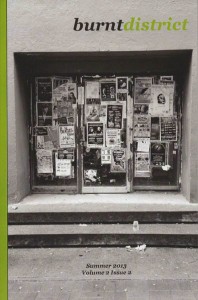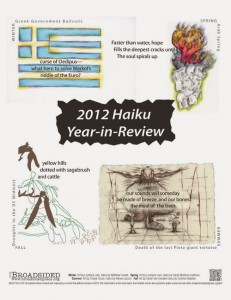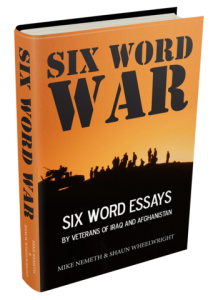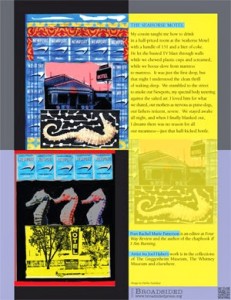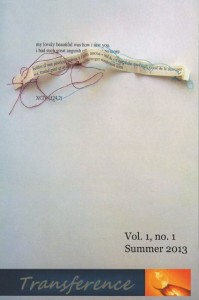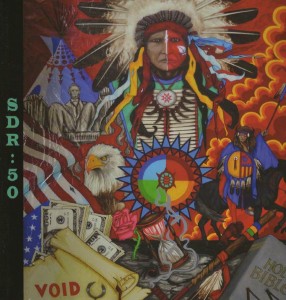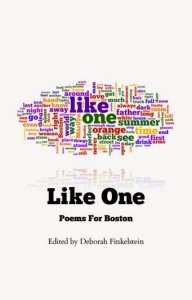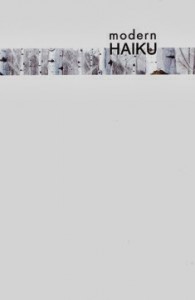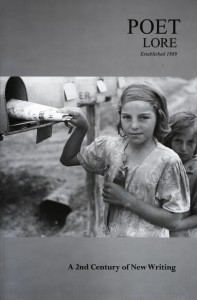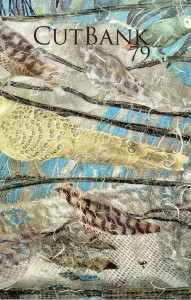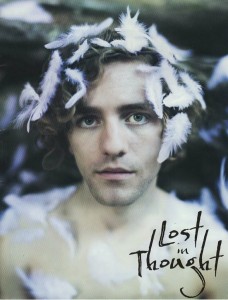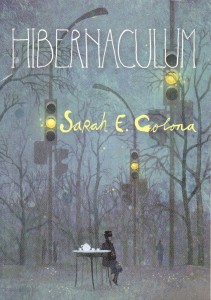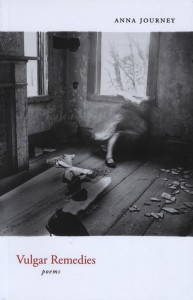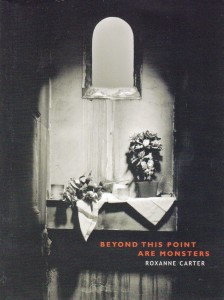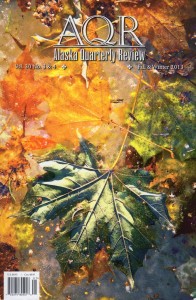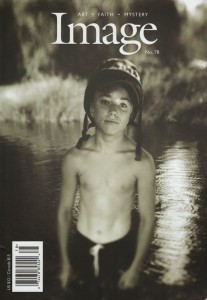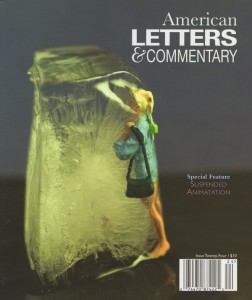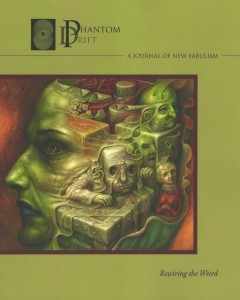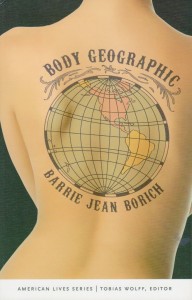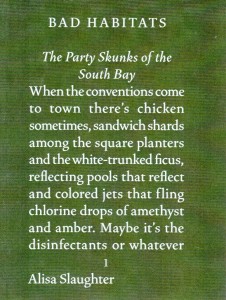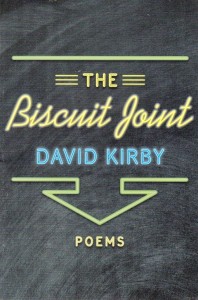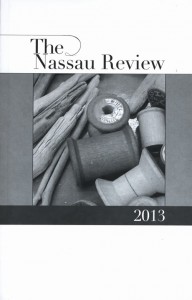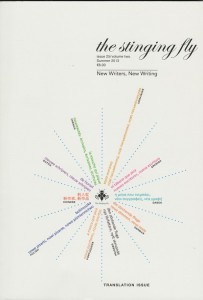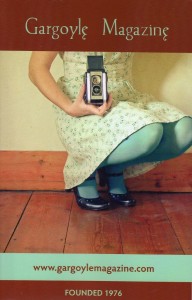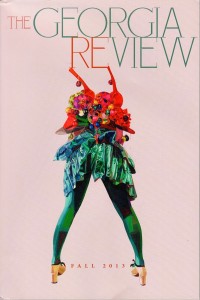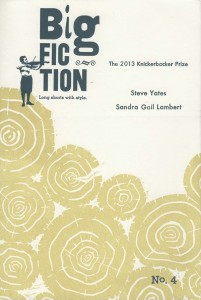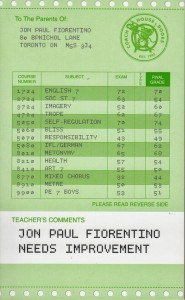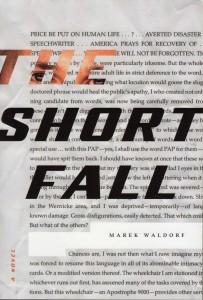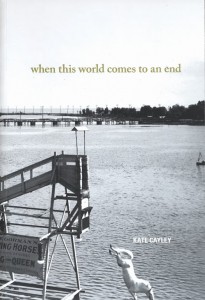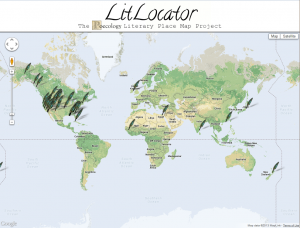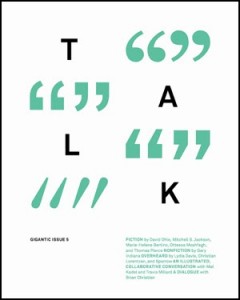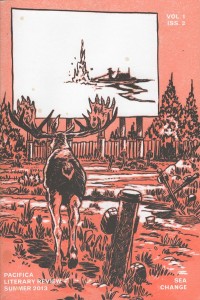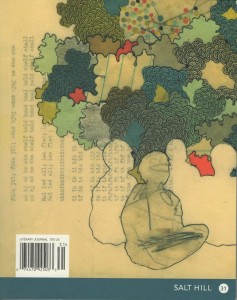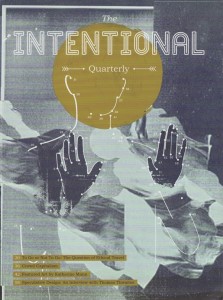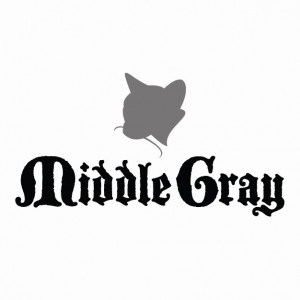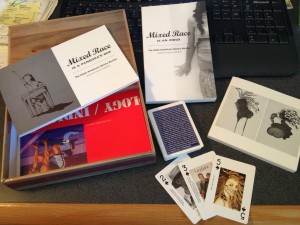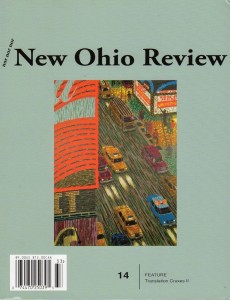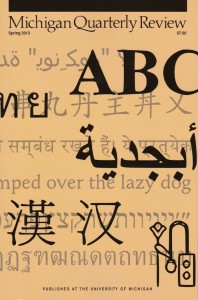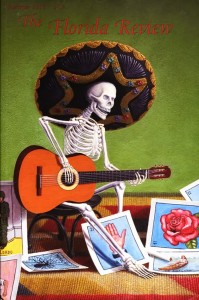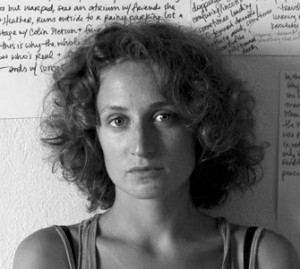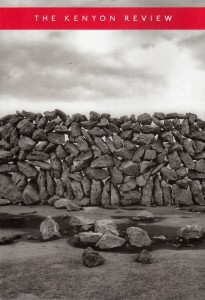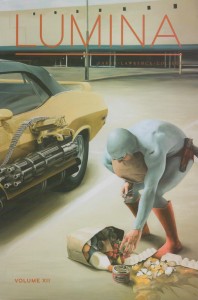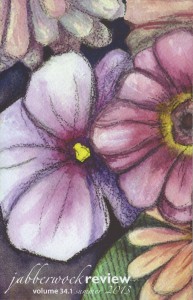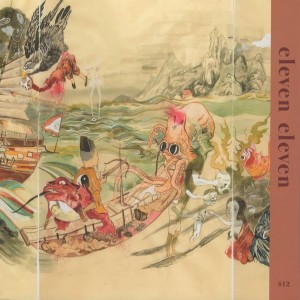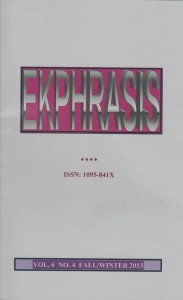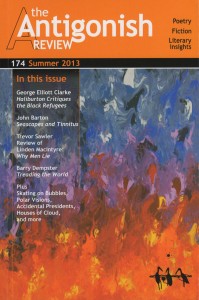Job: Assistant Professor Transnational Literatures
Assistant Professor of English in Transnational Literatures, Literary Theory and Culture
The Department of Humanities at Michigan Technological University invites applications for an Assistant Professor of English.
Requirements: Ph.D. or equivalent in English by time of appointment; record of teaching excellence; evidence of research and/or scholarly potential. Candidate should have expertise in pre-1800 or Early Modern British literature. Candidates should also be prepared to teach early modern drama, early modern poetry and prose, literary theory and survey on British literature and major authors. Methodological interests may include literary history, cultural studies, materialist approaches (corporeal, economic and technological), and comparative literature. Special interests in global or transnational cultures and approaches to English literature are especially welcome.
The department’s graduate and undergraduate programs afford faculty unique opportunities to teach and engage in research that both shapes and benefits from a rich multi-disciplinary environment. The department offers doctoral and master degrees in the interdisciplinary Rhetoric and Technical Communication program and undergraduate major degrees in English, including English with a concentration in Secondary Education; Liberal Arts; Communication, Culture, and Media; and Scientific and Technical Communication. The usual tenure-track teaching load is 2 courses (6 hrs.) per semester.
Please see our website:
Please send a letter of application, curriculum vitae, and three confidential letters of recommendation to:
Dr. Kette Thomas
Chair, English Search Committee
Department of Humanities
Michigan Technological University
1400 Townsend Drive Houghton, MI 49931-1295
Finalists will be asked to send statements of research and teaching interests (single page each), evidence of teaching effectiveness, and a 20-page writing sample. Appointment begins August 2014. Review of applications begins on November 15, 2013, and will continue until the position is filled.
Michigan Technological University is an Equal Opportunity Educational Institution/Equal Opportunity Employer.
Michigan Tech is an internationally renowned doctoral research university, with a diverse community of 7,000 undergraduate and graduate students and cross-disciplinary faculty. Located on Lake Superior in Houghton, MI, its community offers year-round recreational and cultural opportunities.
Michigan Tech is an ADVANCE institution, one of a limited number of universities in receipt of NSF funds in support of our commitment to increase diversity and the participation and advancement of women in STEM.
Michigan Tech acknowledges the importance of supporting dual career partners in attracting and retaining a quality workforce. Michigan Tech is committed to offering career exploration advice and assistance whenever feasible and appropriate at the University and in the local community. See www.dual.mtu.edu for additional information.

